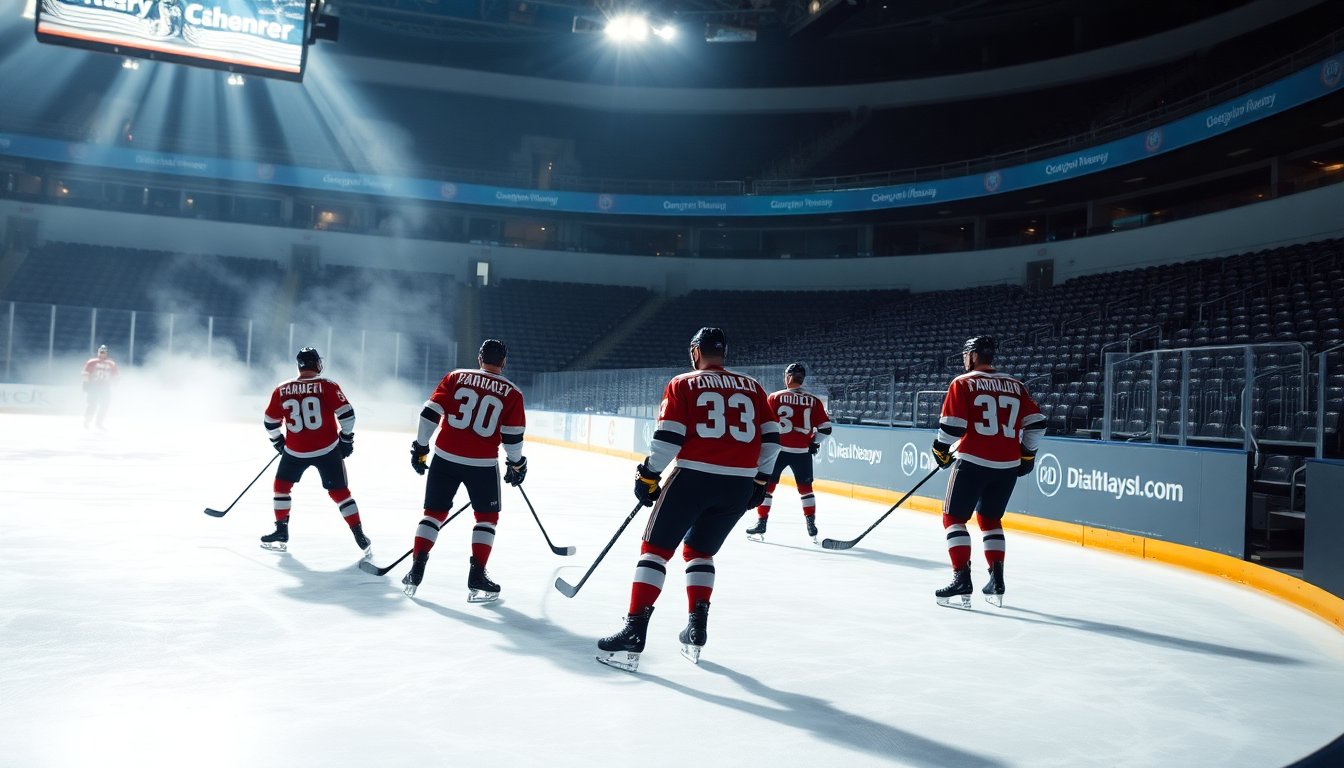Table of Contents
The NHL’s recent decision to reinstate five players following their acquittal in a sexual assault trial has ignited considerable discussion. This situation highlights the delicate balance between athletic performance and the potential backlash from fans and sponsors. As the league prepares for the players’ return, the implications for team dynamics and public relations are under close examination.
Overview of the Legal Situation
On July 24, 2024, five NHL players—Michael McLeod, Dillon Dube, Cal Foote, Alex Formenton, and Carter Hart—were acquitted of all charges related to a January 2018 incident in London, Ontario. The trial, which extended over two months, concluded with the players entering not guilty pleas to the allegations of sexual assault. Following their acquittal, the NHL announced that the players would be eligible to return to play starting December 1, 2024, with the possibility of signing with teams beginning October 15, 2024.
Greg Gilhooly, a sports lawyer and abuse survivor, emphasized the difficulties teams may encounter when deciding whether to sign these players. He indicated that a player’s skill level could impact the degree of scrutiny they face from the public and media. For example, a prominent player like Carter Hart may be welcomed back despite potential criticism, whereas less well-known players might find it challenging to secure contracts.
The Public’s Reaction and Implications for the NHL
The public’s reaction to the trial’s outcome and the NHL’s subsequent decisions has been mixed. Many fans have expressed outrage online, contending that an acquittal does not imply innocence. The league’s statement acknowledged that the players’ conduct did not meet the expected standards, complicating the narrative surrounding their return.
While the NHL Players’ Association expressed contentment with the resolution, stating that the players fully cooperated with investigations, the league’s image remains precarious. The contrast between legal acquittal and ethical considerations poses a substantial challenge. As Gilhooly noted, the NHL’s ability to manage public relations while addressing the complexities of player conduct is crucial. The league’s renewed emphasis on moral standards in player behavior could have broader implications for the future of hockey culture.
Future Considerations for the NHL and Its Players
The NHL stands at a pivotal juncture, where current decisions could influence the league’s reputation for years to come. With the reinstatement of acquitted players, the league must contemplate the introduction of stricter conduct guidelines moving forward. The pressing question of how to manage player behavior—especially in cases involving serious allegations—remains a significant concern.
As teams assess their options, the dynamics within the NHL could undergo notable changes. Clubs may adopt a more cautious approach to recruitment, particularly regarding players who have faced serious allegations, irrespective of legal outcomes. Striking a balance between talent acquisition and public perception will be essential as the league navigates this challenging landscape.
Looking ahead, it is vital for the NHL to uphold transparency and accountability in its handling of player conduct. Establishing clear guidelines and expectations can assist in mitigating future controversies while promoting a culture of respect and integrity within the sport.


